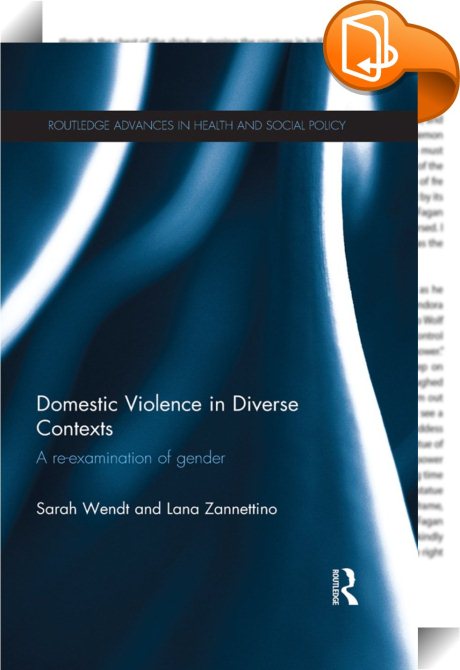
Writing Requirements and Assignment Guidelines
#Diverse contexts how to
Slide 6: Provide two intercultural guidelines for how to address the issues identified in Slide 5, while still demonstrating respect for those differences. Slide 5: Identify a diverse context issue that can be addressed using intercultural communication strategies. Slide 4: Identify two examples of intercultural communication that should be considered. Slide 3: Provide three reasons to consider intercultural communication. Slide 2: Explain how diverse contexts impact and intercultural communication. Include a minimum of two relevant citations throughout your presentation. Be sure to include your speaker notes in the Notes section below each slide. You must prepare a PowerPoint presentation, creating one slide for each of the topics below. Here you will find options to view and activate subscriptions, manage institutional settings and access options, access usage statistics, and more.Your employer has asked to prepare a presentation on intercultural communication and the importance of considering diversity in communication. If you believe you should have access to that content, please contact your librarian.įor librarians and administrators, your personal account also provides access to institutional account management. The institutional subscription may not cover the content that you are trying to access. Oxford Academic is home to a wide variety of products.

If you do not have a society account or have forgotten your username or password, please contact your society. Do not use an Oxford Academic personal account. When on the society site, please use the credentials provided by that society.If you see ‘Sign in through society site’ in the sign in pane within a journal: Many societies offer single sign-on between the society website and Oxford Academic. Society member access to a journal is achieved in one of the following ways: If you cannot sign in, please contact your librarian. If your institution is not listed or you cannot sign in to your institution’s website, please contact your librarian or administrator.Įnter your library card number to sign in. Following successful sign in, you will be returned to Oxford Academic.When on the institution site, please use the credentials provided by your institution.Select your institution from the list provided, which will take you to your institution's website to sign in.Click Sign in through your institution.

Shibboleth / Open Athens technology is used to provide single sign-on between your institution’s website and Oxford Academic. This authentication occurs automatically, and it is not possible to sign out of an IP authenticated account.Ĭhoose this option to get remote access when outside your institution. Typically, access is provided across an institutional network to a range of IP addresses. If you are a member of an institution with an active account, you may be able to access content in one of the following ways: Get help with access Institutional accessĪccess to content on Oxford Academic is often provided through institutional subscriptions and purchases. The information gained through these approaches can help ECE professionals to develop more culturally informed practices. Incoporating such measures into home and early learning settings of low-income children requires persistence and respect in order to build trust between families, early care providers, and researchers. The Early Head Start Research and Evaluation Project and the LA ExCELS study combined standard survey methods with quantitative and qualitative observations and interviews, resulting in richer pictures of young children’s development within their sociocultural family and early childhood program environments.

The role of cultural and linguistic experiences is particularly difficult to understand within large-scale studies when race and ethnicity are treated as simple grouping categories and/or confounded with socioeconomic status. Understanding contextual influences on early childhood development among low-income children in the United States requires measurement of diverse aspects of the sociocultural environment.


 0 kommentar(er)
0 kommentar(er)
